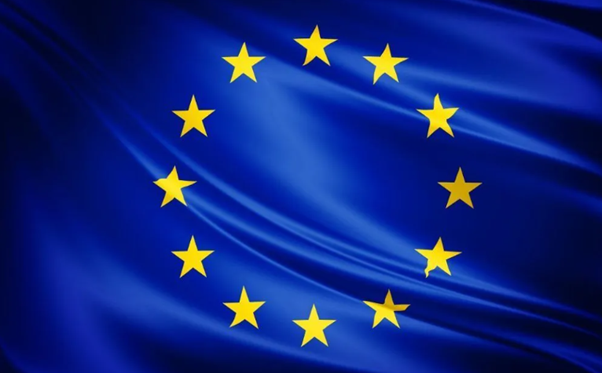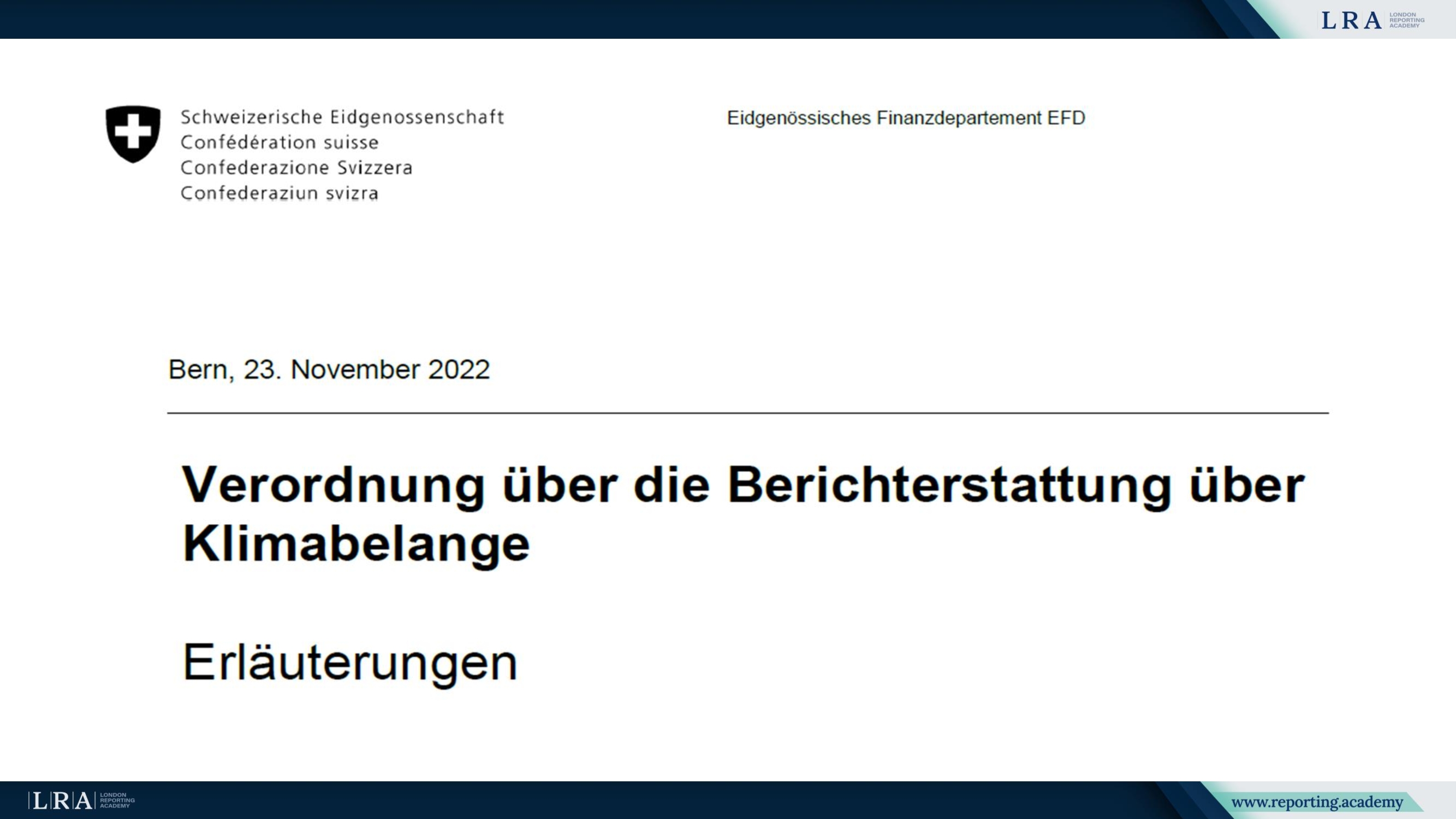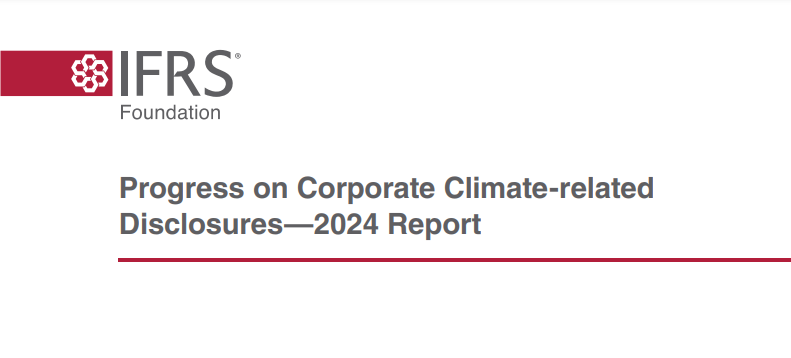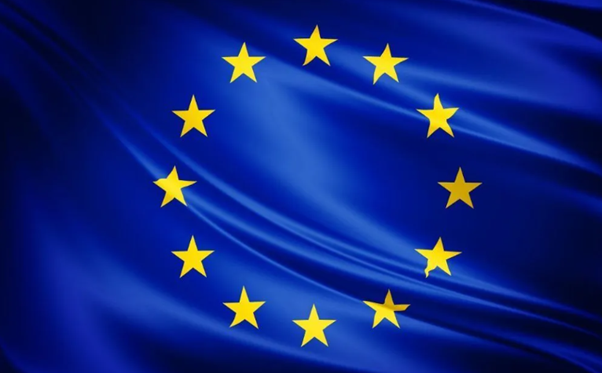EU Council Approves Regulation to Standardise ESG Rating Practices
The Council of the European Union approved a new regulation on 19 November 2024, aimed at strengthening the governance and transparency of ESG ratings. The regulation establishes clear guidelines for ESG rating providers, including measures to ensure independence, prevent conflicts of interest, and enhance ESMA’s role in overseeing these ratings within the EU.

On 19 November 2024, the Council of the European Union approved a regulation aimed at improving the clarity, reliability, and comparability of ESG (environmental, social, and governance) ratings within the EU. This legislation, initially proposed by the European Commission on 13 June 2023, is part of a broader effort to build investor trust in sustainable financial products.
It complements earlier agreements, such as the Council’s December 2023 regulation on ESG rating providers and the February 2024 preliminary deal with the European Parliament. The newly adopted regulation seeks to strengthen ESG ratings through a unified approach that benefits both market participants and investors.
The framework is set to be published in the Official Journal of the European Union in early 2025 and will officially take effect 20 days thereafter, around mid-2025. Its provisions will become enforceable 18 months later, in late 2026, granting sufficient time for businesses and providers to adapt to the new rules.
Particular emphasis is placed on:
- Protecting the independence of employees and participants involved in the ESG rating process;
- Supervision by the ESMA (European Securities and Markets Authority);
- Temporary measures to support small ESG rating providers in their development and market entry.
The document also outlines disclosure requirements for ESG ratings and specifies cases where the regulation does not apply, ensuring a balanced and proportionate approach.
The regulation defines the scope of application and exclusions, ensuring a thorough and fair regulatory framework. These provisions aim to strengthen the integrity and reliability of ESG ratings, promote openness, and minimize the risk of greenwashing.

Safeguarding Independence in ESG Ratings
ESG rating providers must ensure that their employees, as well as other individuals involved in the rating process, maintain strict independence and impartiality.
Participation in ESG rating determinations must be avoided in situations where conflicts of interest arise, including any evidence of self-review, self-interest, advocacy, or familiarity resulting from financial, personal, business, or employment relationships. Additionally, participation should be avoided when objectivity is compromised, particularly if an independent, reasonable, and informed third party could determine that the individual’s independence has been undermined, even in cases where safeguards have been applied.
If a rated item or issuer undergoes a merger or acquisition during the rating assessment, individuals involved must identify any current or recent interests or relationships that could compromise their independence. They are also required to evaluate whether they can continue participating in the assessment, taking into account the available safeguards once the merger or acquisition becomes effective.
ESMA's Role in ESG Rating Supervision
To enhance trust and openness, ESMA will supervise ESG rating providers in the EU, aligning this oversight with the regulatory framework for credit rating agencies under Regulation (EC) No.1060/2009. ESMA's role is vital to ensuring that ESG ratings are consistent, clear, and accountable.
ESMA's supervisory powers include:
- Information Collection: ESMA can request all necessary information from ESG rating providers, individuals involved in rating activities, rated entities, and third parties responsible for outsourced functions to fulfil its duties effectively;
- Investigative Powers: ESMA has the authority to conduct investigations and perform on-site inspections to verify compliance with the regulation;
- Enforcement Measures: ESMA can compel ESG rating providers to cease infringements and impose fines or periodic penalties for non-compliance;
- Development of Technical Standards: ESMA will draft regulatory technical standards (RTS) to define the authorisation process and supervisory requirements, ensuring transparency and stakeholder consultation.
By exercising these powers, ESMA plays a key role in maintaining the integrity of ESG ratings, fostering trust, and supporting sustainable finance within the EU.
Supporting Small ESG Rating Providers
To encourage market participation and mitigate regulatory burdens, a temporary regime will support small ESG rating providers operating before this regulation’s enforcement.
This regime introduces specific provisions for small ESG rating providers, allowing them to register with ESMA without undergoing full authorisation. During this period, they will only need to comply with organisational and disclosure requirements. To prevent misuse, ESMA will closely monitor the situation to ensure that medium-sized or large groups cannot take advantage of this framework. Once the temporary regime concludes, small ESG rating providers will be required to apply for full authorisation to continue operating. Supervisory fees will then be applied in proportion to their annual net turnover, ensuring a fair and balanced approach.
Principles and Objectives of the Regulation
This regulation establishes a unified framework to enhance the integrity, clarity, and comparability of ESG ratings, supporting the sustainable finance agenda. Specifically, it aims to prevent greenwashing and social washing, ensure good governance and independence among ESG rating providers, and achieve a high level of investor and consumer protection.
Applicability and Exemptions
The regulation applies to ESG ratings issued by providers operating within the Union or distributed to regulated financial undertakings, public authorities, and institutions. However, it excludes private ESG ratings that are not intended for public disclosure or distribution, as well as internal ESG ratings used exclusively by regulated financial undertakings for in-house or intragroup purposes.
Aspects of the regulation include:
- Supervision of EU-Based ESG Rating Providers: ESG rating providers operating within the EU must now be authorised and supervised by the European Securities and Markets Authority (ESMA). They are required to comply with specific disclosure requirements to ensure clear and consistent practices.
- Access for Non-EU ESG Rating Providers: Non-EU ESG rating providers wishing to operate in the EU must follow one of three pathways: obtaining an endorsement of their ESG ratings from an EU-authorised ESG rating provider, achieving recognition based on quantitative criteria, or being included in the EU registry following an equivalence decision.
- Conflict of Interest Management: ESG rating providers are obligated to take "all necessary steps" to prevent any existing or potential conflicts of interest.
The framework aims to strengthen trust in ESG ratings among stakeholders and align practices for both EU-based and international providers.
Conclusions from the Regulation on ESG Rating Providers
The regulation ensures enhanced independence and transparency by emphasizing the importance of ESG rating providers' impartiality and preventing conflicts of interest, creating a more reliable system for all participants. It grants the European Securities and Markets Authority (ESMA) supervisory authority, ensuring uniform rule application and fostering trust in ESG ratings.
The framework also supports small providers by introducing simplified conditions, such as temporary registration without full authorisation, aiding their market entry and integration. A key objective is to reduce greenwashing risks, strengthening investor and consumer trust in ESG ratings, while guaranteeing clear, fair rules that foster balanced growth and prevent discrimination against smaller players.



